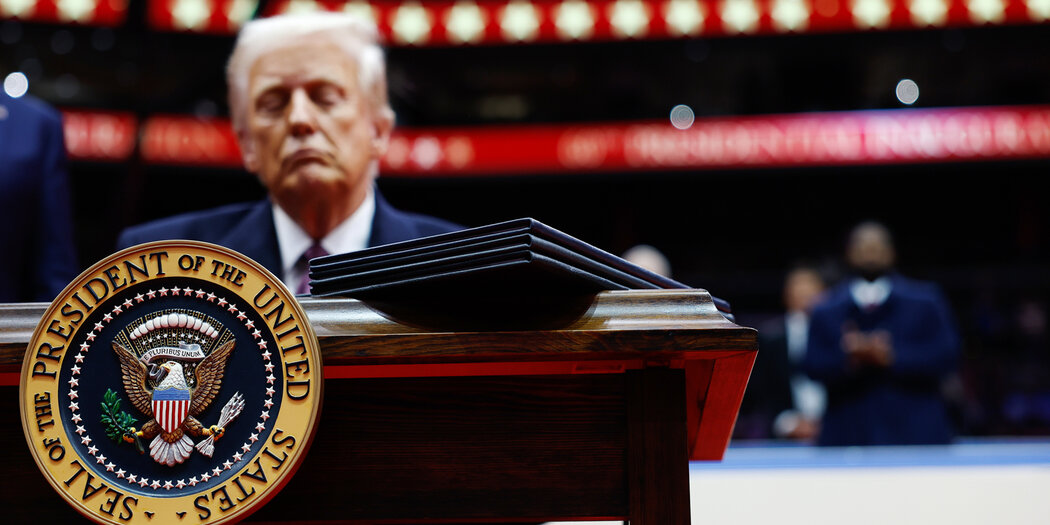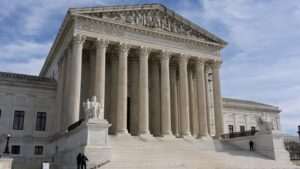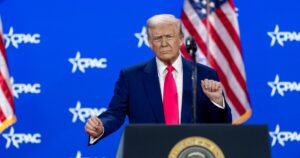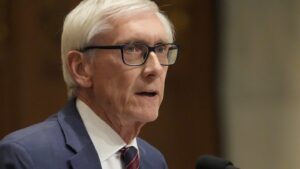Trump’s Executive Orders: Action or Mere Spectacle?
Donald Trump recently took office with a powerful vow to “preserve, protect, and defend the Constitution of the United States.” Yet, soon after, he set the stage for actions that some argue undermine that very promise. Like many presidents before him, Trump has initiated his term with a series of executive orders intended to convey decisive action. However, the real substance and impact of these orders remain a topic of debate among experts and the public.
Having previously worked on executive orders in Bill Clinton’s administration, I can attest that these orders often resemble press releases more than binding mandates. A notable example is Barack Obama’s much-publicized executive order to close Guantanamo Bay, which remains operational to this day.
Among Trump’s initial controversial moves is the pardon of individuals convicted for their roles in the January 6 Capitol insurrection. As reported by the Brennan Center, this decision is seen as an endorsement of attacks on democracy itself. JD Vance had remarked, “If you committed violence on that day, obviously you shouldn’t be pardoned.” Despite this, Trump’s pardons have released leaders of groups like the Proud Boys and Oath Keepers, raising questions about accountability and justice.
Another contentious executive action involves an attempt to end birthright citizenship. This act challenges what’s explicitly protected by the 14th Amendment, which was designed to overturn the infamous Dred Scott decision. As noted by Tom Wolf from the Brennan Center, “presidents can’t do this.” The decree extends beyond undocumented immigrants, affecting any child born in the U.S. under certain parental conditions, potentially impacting figures like Nikki Haley and Vivek Ramaswamy.
Trump’s administration also targets immigration through antiquated laws, including the Insurrection Act, to manage noncitizen deportations. His inaugural address referenced the Alien Enemies Act, a historical statute criticized by Thomas Jefferson and last used during World War II. Furthermore, Trump has directed NORTHCOM to prepare a military campaign against what he describes as an “invasion” of unlawful migration, bypassing traditional civil support frameworks.
These bold moves present significant challenges to the judiciary, particularly the Supreme Court, as Trump’s actions test constitutional boundaries. Public opinion remains largely skeptical, with a Washington Post poll indicating two-thirds opposition to the pardons and minimal support for ending birthright citizenship.
As Trump begins his term with Republican control of Congress, public discourse is expected to intensify. The nation watches closely, understanding that the people’s voice will play a crucial role in shaping the future of these executive actions.






